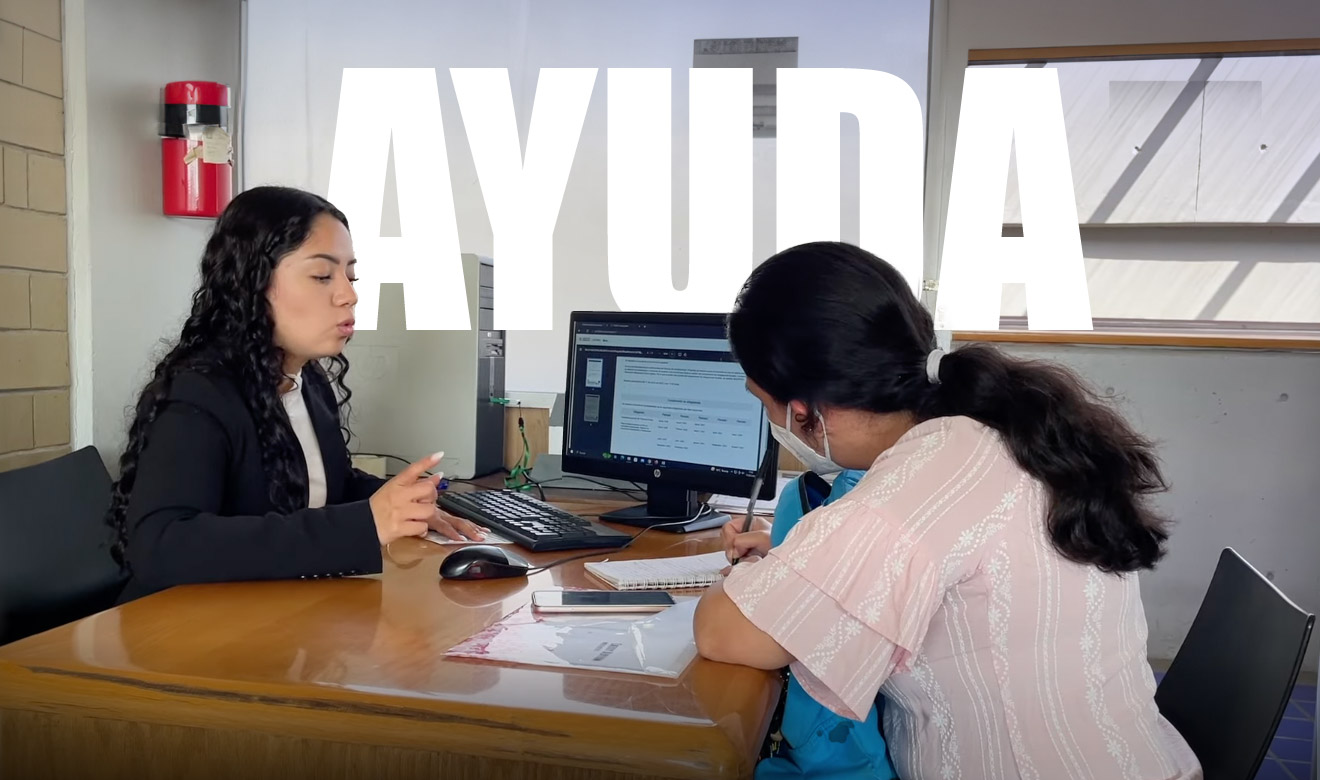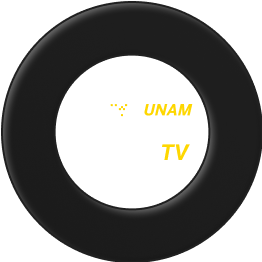The profusion of information that keeps emerging about the growing COVID-19 outbreak presents challenges for reporters and the scientists they talk to when researching their stories. Good reporting and science have to distinguish legitimate sources of information from no end of rumors, half-truths, financially motivated promotions of snake-oil remedies and politically motivated propaganda.
While keeping track of the outbreak, we’ve become aware of how hard this vigilance is for even the most energetic and well-motivated scientists and journalists, given the firehose of available information from both traditional sources (public health authorities, journals) and new ones (preprints, blogs).
To help in this effort, we think reporting should distinguish between at least three levels of information: (A) what we know is true; (B) what we think is true—fact-based assessments that also depend on inference, extrapolation or educated interpretation of facts that reflect an individual’s view of what is most likely to be going on; and (C) opinions and speculation.










